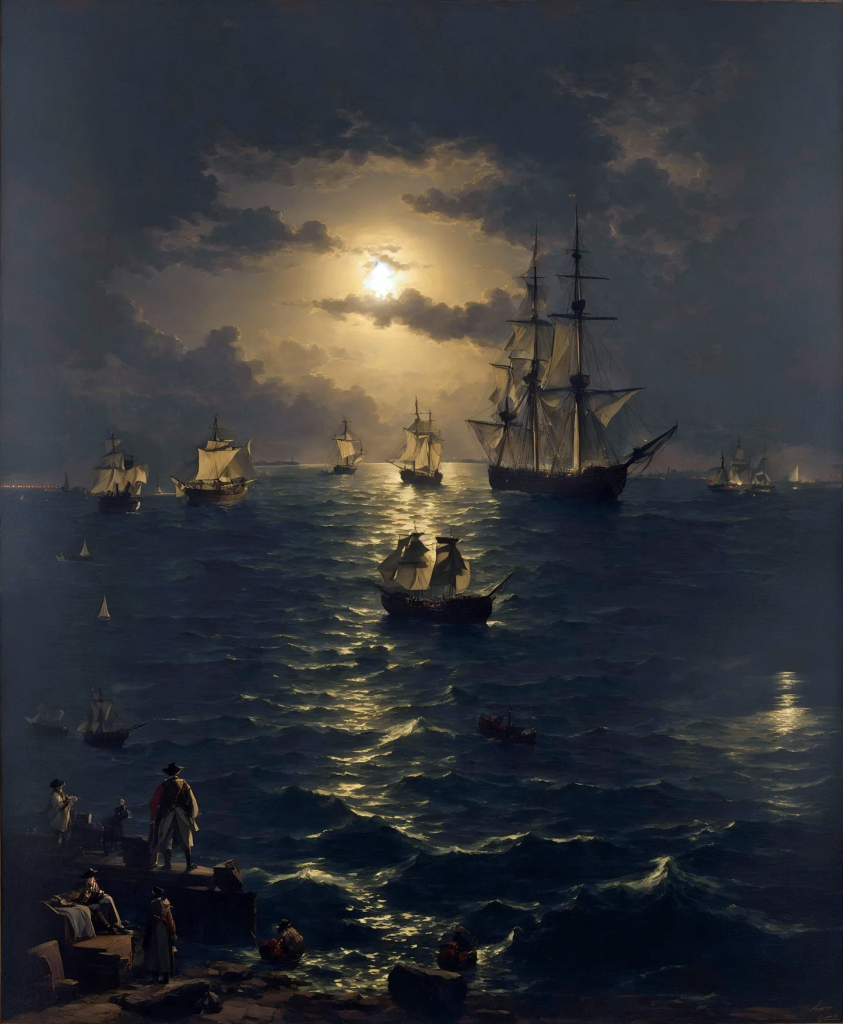Please Follow us on Gab, Minds, Telegram, Rumble, Gettr, Truth Social, Twitter
The most significant outcome of the Boston Tea Party was the action that King George III and Parliament took in response to the demonstration. Below is an excerpt from my devotional book, Stories of Faith and Courage from the Revolutionary War.
The Boston Tea Party left behind an aftertaste that affected all of Massachusetts.
“Boston will feel the whole weight of ministerial vengeance,” Boston Selectman John Andrews accurately predicted.
He rightly feared royal repercussions for the high crimes against tea. King George III, Prime Minister North, and Parliament were so furious over the Boston Tea Party that they used their pens to let out some steam and passed the Coercive Acts.
All who lived in Massachusetts tasted the over-brewed legislation. The Acts closed Boston’s port, revoked the eighty-year-old Massachusetts royal charter, and sent three thousand British soldiers to Massachusetts. In short, King George III implemented an economic lockdown of Boston.
Worse, the acts quartered those soldiers in the homes of private citizens. And, worst of all, the legislation abolished town meetings and shut down the economy. No longer could the people legally assemble. Nor could they buy and sell goods on ships. The British military was authorized to seize ships and take guns. Gone were fundamental rights. Chaos was left to fill its place.
“This was the boldest stroke, which had yet been struck in America,” Massachusetts Royal Governor Thomas Hutchinson wrote.
He believed no measure was too strong to put a stop to the raging patriots, who “had nothing to fear for themselves. If the colonies were subject to the supreme authority and laws of Great Britain, their offences, long since, had been of the highest nature,” Hutchinson continued in his letter, which was one of the last he wrote as governor.
“And it is certain . . . that the body of the people had also gone too far to recede, and that an open and general revolt must be the consequences; and it was not long before actual preparations were visibly making for it in most parts of the province,” Hutchinson blamed.
But the Coercive Acts also left an aftertaste in Hutchinson’s mouth, one that would burn him forever and take him away from his position. His failure to “secure dependency” in the colonies resulted in his resignation, or more likely, his firing. Hutchinson and his family fled Boston for England. They never returned to America.
King George III sent four British regiments to Boston and replaced Thomas Hutchinson with General Thomas Gage. The change was more coercive than any other action by the king. Gage was not only the new governor, but he was also the commander-in-chief of the British armies. Martial law had fully come to Massachusetts.



maybe it time for another Boston Tea Party.
Couldn't agree with you more.
Beware of FBi trying to instigate insurrections.
Thank you for writing this!
I may have overlooked the attribution of the painting, can you tell me about it? Great painting.